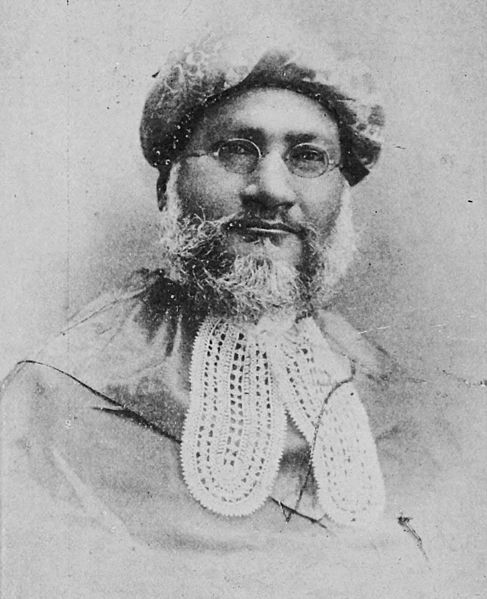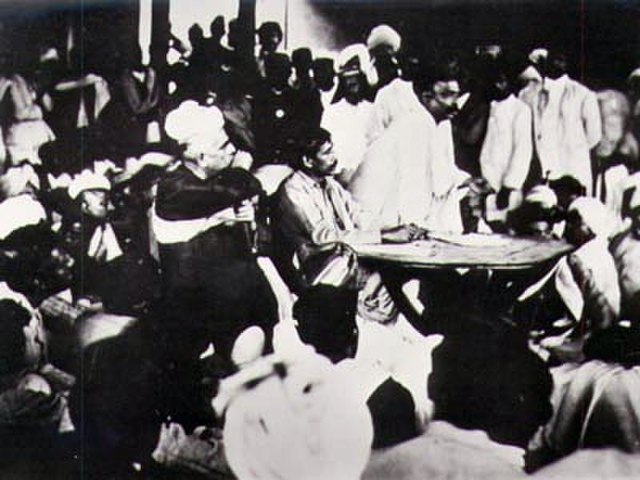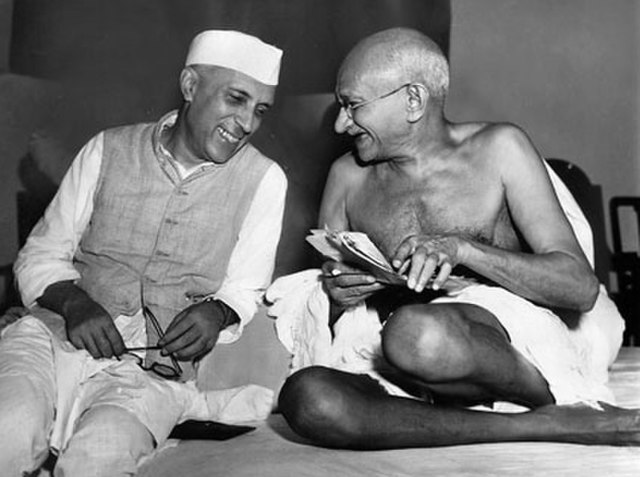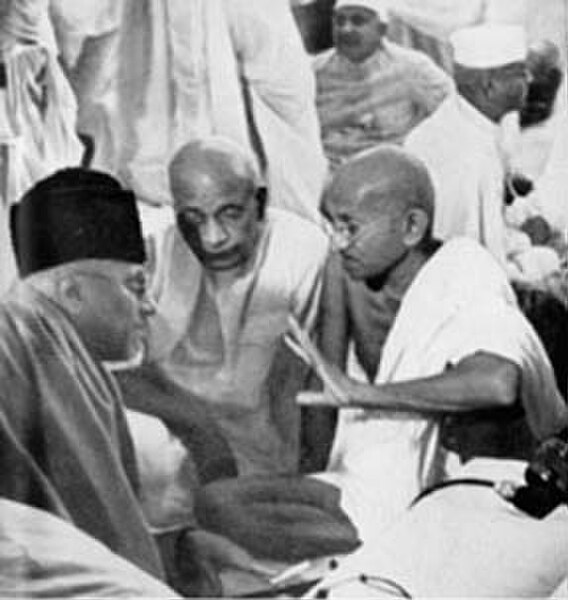Badruddin Tyabji was an Indian lawyer, activist, and politician during the British Raj. Tyabji was the first Indian to practice as a barrister of the High Court of Bombay who served as the third President of the Indian National Congress. He was one of the founding member and first Muslim president of Indian National Congress. He founded the Anjuman-i-Islam College in Bombay in 1874. It started with one school and today it has more than eighty institutions from pre-primary schools to graduate and postgraduate level. Tyabji is often referred to as one of the most prominent members of Tyabji family.
Badruddin Tyabji
The Indian National Congress (INC), colloquially the Congress Party or simply the Congress, is a political party in India with deep roots in most regions of India. Founded on 28 December 1885, it was the first modern nationalist movement to emerge in the British Empire in Asia and Africa. From the late 19th century, and especially after 1920, under the leadership of Mahatma Gandhi, the Congress became the principal leader of the Indian independence movement. The Congress led India to independence from the United Kingdom, and significantly influenced other anti-colonial nationalist movements in the British Empire.
First session of Indian National Congress, Bombay, 28–31 December 1885
Bal Gangadhar Tilak speaking in 1907 as the Party split into moderates and extremists. Seated at the table is Aurobindo Ghosh and to his right (in the chair) is G. S. Khaparde, both allies of Tilak.
Mahatma Gandhi and Jawaharlal Nehru during a meeting of the All India Congress, in 1946
Azad, Patel and Gandhi at an AICC meeting in Bombay, 1940





